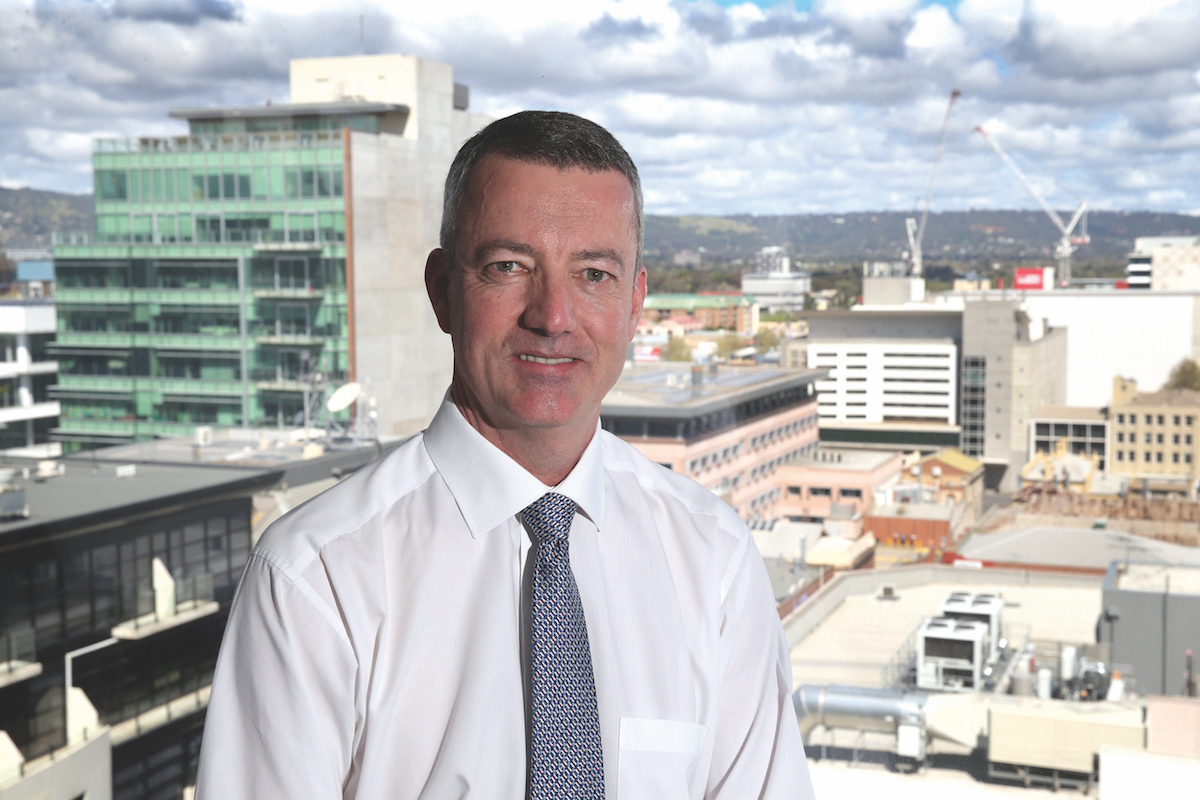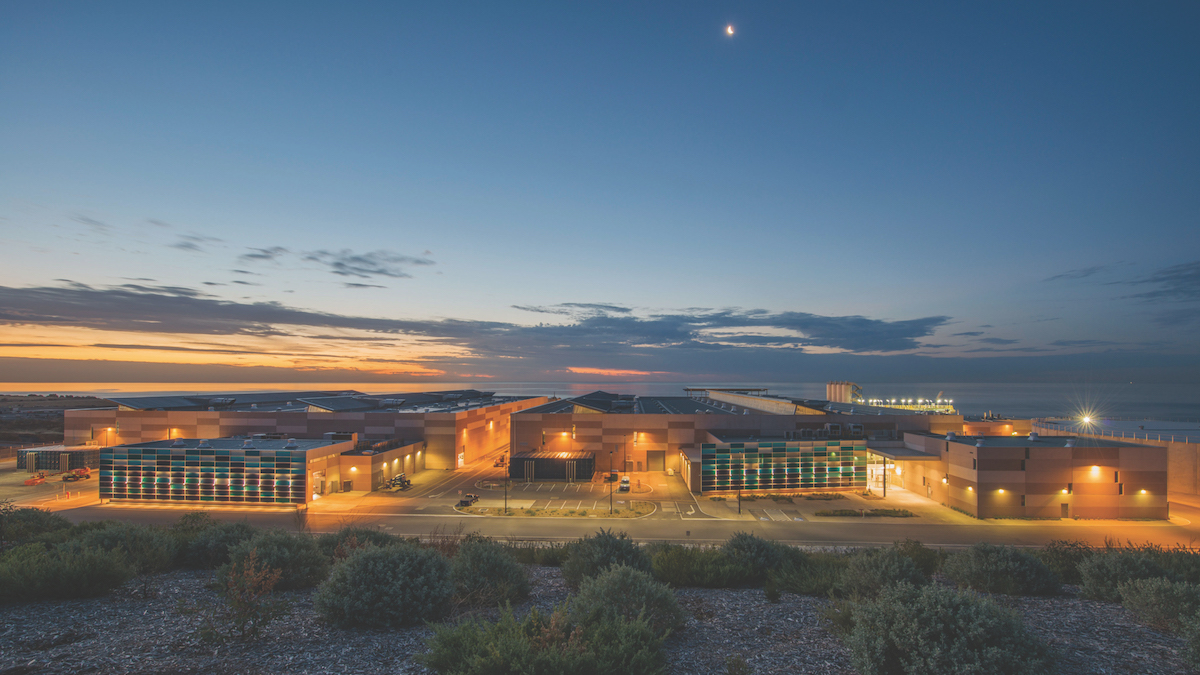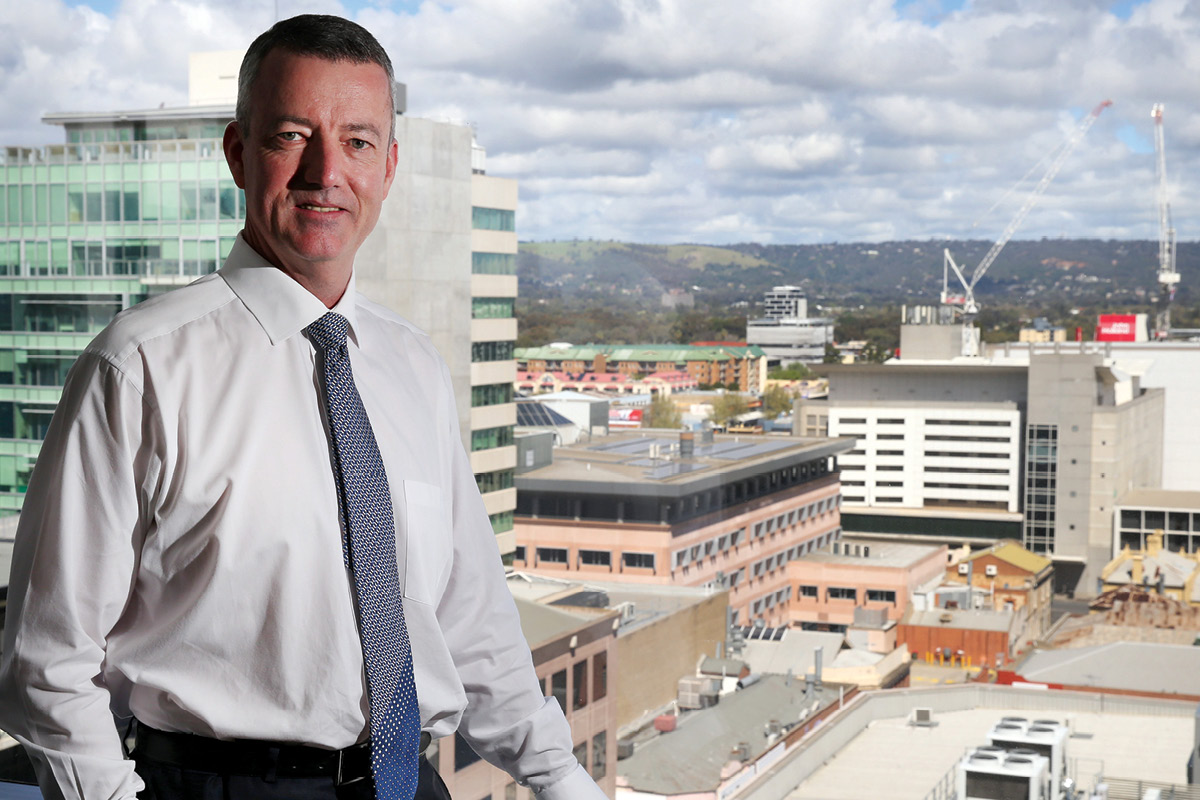TRILITY Managing Director Francois Gouws addresses a common misconception that providing water and wastewater services to homes and businesses is straightforward. “Water management is not only a 24-hour-a-day undertaking, it takes many highly skilled and dedicated professionals,” he says.
“They work in collaboration and across varied disciplines. This is because there are many elaborate and intensive monitoring requirements that need to be maintained over a long period of time to ensure the end product.”
According to Francois, it takes years to build up a really strong database that allows for accurate forecasting of quality and system demands. “Predictive analytics is an area where major advances are being made. The ability to access and analyse more data allows for accurate predictions and helps us to be ahead of the game,”
he shares.
“As an example, TRILITY has been operating 10 treatment plants along the Murray River since the mid 90s. Therefore, we understand its volatility and how best to treat the raw water. We continue to build on this through the collection and analysis of data across varying conditions, to ensure we supply the very best water to our clients.”
TRILITY operates several irrigation schemes where treated wastewater is used for high-value crops. It also operates Australia’s largest thermal drying biosolids facility, which turns municipal sludge into fertiliser for beneficial reuse. Francois comments that treated wastewater contains nutrients that benefit crop production.

Flying under the radar
He goes on to suggest that it is perhaps a reflection of TRILITY, and the water sector as a whole, that much of its work is taken for granted. “It is the way we prefer it, yet it is really where the average person on the street may not appreciate just how much knowledge and skill goes into treating water for consumption, or for wastewater before it can be safely discharged into the environment.”
Increasingly, energy and beneficial reuse is being derived from treating wastewater. “It’s incredibly rewarding to see these environmentally beneficial technologies on the wastewater side evolve. It’s an absolute win-win – the results benefit both the environment and the consumers.”
A culture of continuous improvement
Francois is a firm believer that a business requires constant improvement, stating that “improvement begins with the right culture”. “There needs to be an environment where new ideas are encouraged and where ideas can be tried out in a controlled environment. You need to create a culture where people are constantly looking for ways to improve what they do and, to have that, you first need to create an environment where people can freely raise ideas without fearing failure.”

There needs to be an environment where new ideas are encouraged.
Being a 24-hour operation spread over a large territory, effective communication requires creativity and ingenuity. TRILITY has invested heavily in mobility devices so it can monitor every vehicle with the aim to safeguard its employees over the many kilometres they travel.
Field staff are issued with a pendant so, if anything happens, an alarm can be raised via a satellite device, alerting the company to their location. “The safety of our staff in remote regions and locations is the one thing that keeps me awake at night,” Francois says. “The wellbeing of our people is something I deeply care about and I am constantly encouraging the organisation to look at ways we can further enhance this.”
Advancing the sector
Furthermore, TRILITY focuses on active participation in industry associations to ensure it contributes to the overall advancement of the water industry. Francois believes his role as President of the Australian Water Association is to work with the water sector and, as a whole, ensure adequate and timely infrastructure to serve Australia well into the future.
“Droughts come in cycles, and if we can make decisions earlier and invest in a controlled and planned fashion we ensure a more even workload for the industry,” he comments.
“This is to ensure we don’t see peaks and troughs where we don’t have enough skilled people in the sector. Then also at the end of a drought period when highly skilled and experienced people leave the water industry due to lack of demand.”
A focus on partnerships
Francois takes great pride in fostering partnerships between the various utility industry associations, such as Infrastructure Partnerships Australia, the Water Services Association of Australia, Water New Zealand, and the International Water Association.
“Even though we’re in different jurisdictions and cater to varying audiences, when it comes to cooperating and sharing knowledge for the common good of the industry then we do it freely. The water industry is full of extremely passionate and dedicated people and it is a privilege to be a part of it.”
Francois has worked and lived across North and South America as well as Africa during his 25-year career. He says he’s loved every minute of his time in Australia since relocating from his native South Africa in 2008, believing there is much opportunity to be had.
“Demand for water services is driven, among other things, by population growth, and Australia’s population is set to grow from its present 24 million. I therefore see a bright and successful future for TRILITY in our current markets. We are also looking at further geographic expansion beyond Australia and New Zealand.
“The best is yet to come.”



